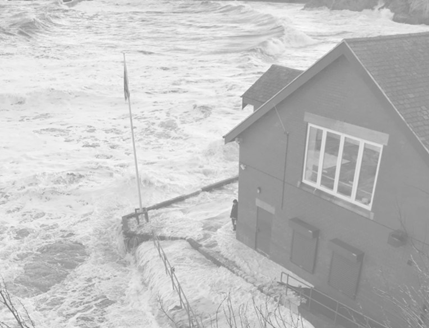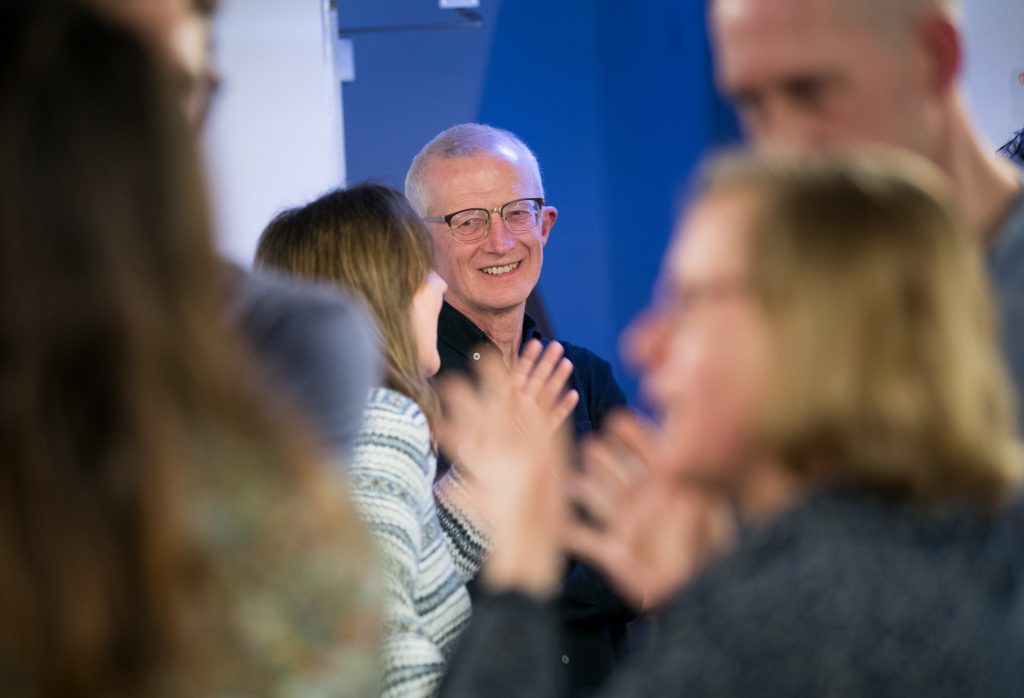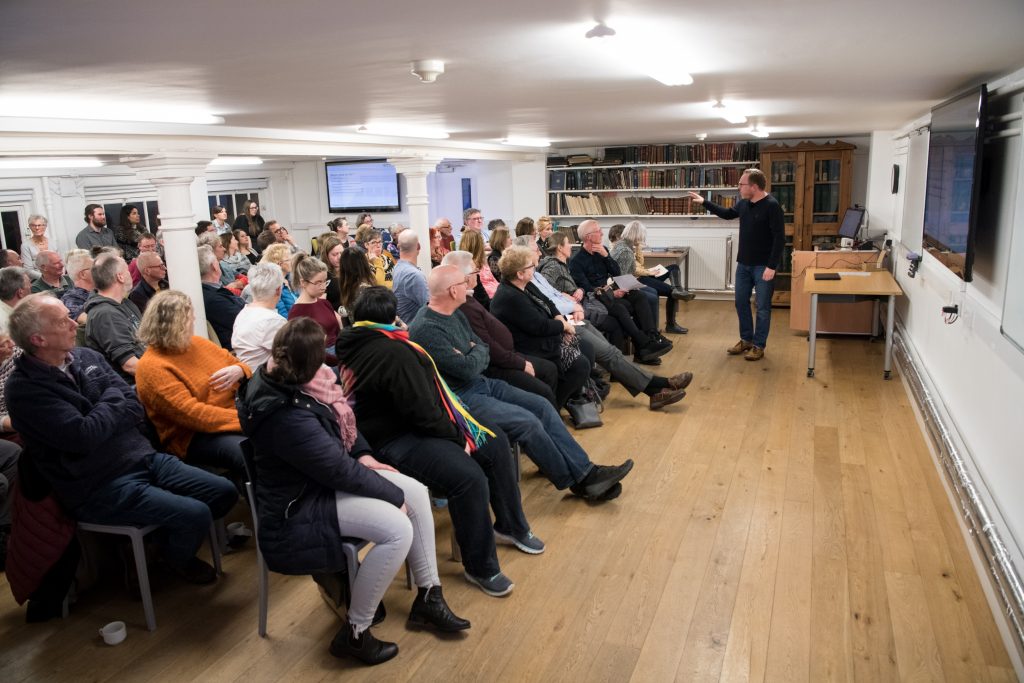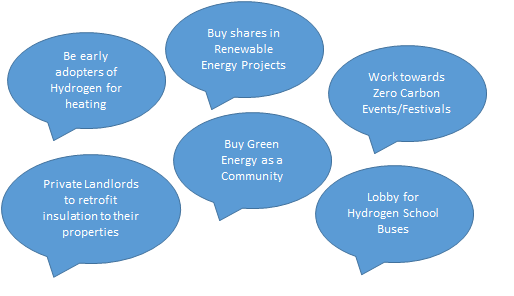
About the Author

Richard Smithson is a retired GP, married to Sue, father and grandfather, climate activist and concerned citizen, lives in Whitley Bay.
‘In the absence of decisive action from our politicians, it is important that local communities act together to reduce our carbon footprint. Increased use of hydrogen both in domestic supplies and transport would be a big step in the right direction. We are also considering community ownership of solar farms and promoting cycling and cheaper public transport to get people out of their cars. Electric vehicles can help in the short term but there is no single solution and we must try a multifaceted approach’
Richard Smithson
The Event
While the UK is the first country to pass into law net-zero emissions by 2050, much work needs to be done across government, public, private and voluntary sectors, and communities to tackle this immense challenge. Some local governments, cities, institutions and universities have declared a climate emergency, but what are the next steps to actually ending greenhouse gas emissions in all sectors in the UK and throughout the world?
On the 5 March, the Supergen Energy Networks Hub (SupergenEN) in collaboration with the National Centre for Energy Systems Integration (CESI) and in association with Extinction Rebellion, held a Public Engagement event at the Dove Marine Laboratory, Cullercoats, Newcastle upon Tyne.

Over 65 people attended the meeting which focussed on the UK governments aim for net-zero emissions by 2050, discussing a multi vector energy approach and in particular, Hydrogen for Heat & Transport as well as Climate Change Adaptation – Resilience.
The talk by Phil Taylor, Newcastle University, introduced the Integrated Transport Electricity Gas Research Laboratory (InTEGRel) project, the UK’s first multi-sector energy networks research centre, a collaboration between Newcastle University, Northern Powergrid and Northern Gas Networks. As well as the e4future project, a collaboration between Newcastle University & Imperial College London and a number of Industrial and government partners including Nissan, e-on, National Grid and the Department for Business, Energy & Industrial Strategy (BEIS).

The talk was followed by a Q&A and a “post-it note” session. This enabled attendees to ask questions and write down their concerns and suggest ideas to reduce Carbon Emissions in the North Tyneside and wider region .
Questions included: Are schemes available for installing Domestic Solar Panels? What are the benefits of Tidal Energy and is this something that could be considered? Is it expensive to retrofit air source heat pumps to homes? When will Hydrogen Boilers be available to buy? Is Biomass worth exploring?

Outcomes

After the session we gathered a number of project ideas which we hope to look into in more detail with the help of the North Tynside Community and in collaboration with SupergenEN and CESI.

For more information please contact: supergenEN@newcastle.ac.uk or visit our website.